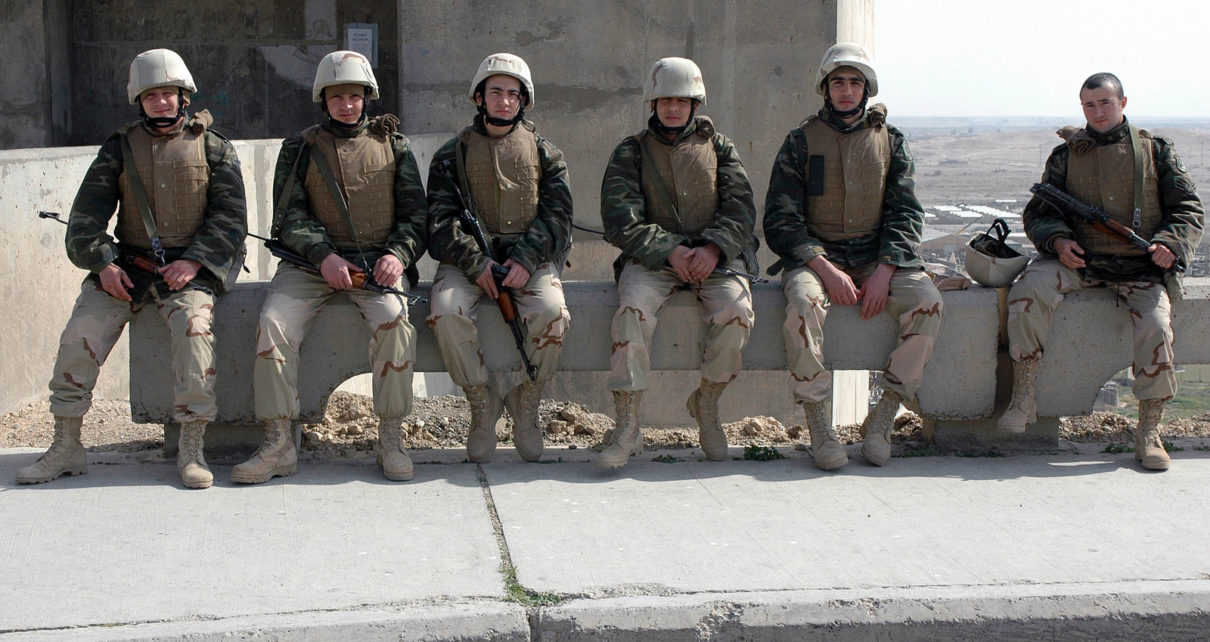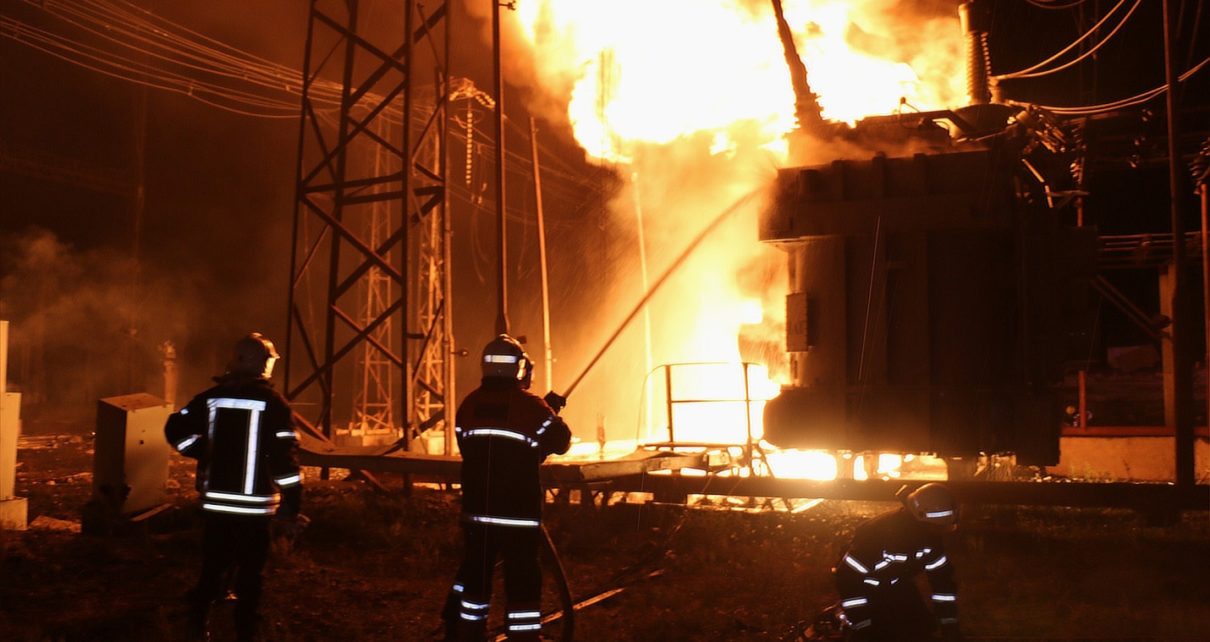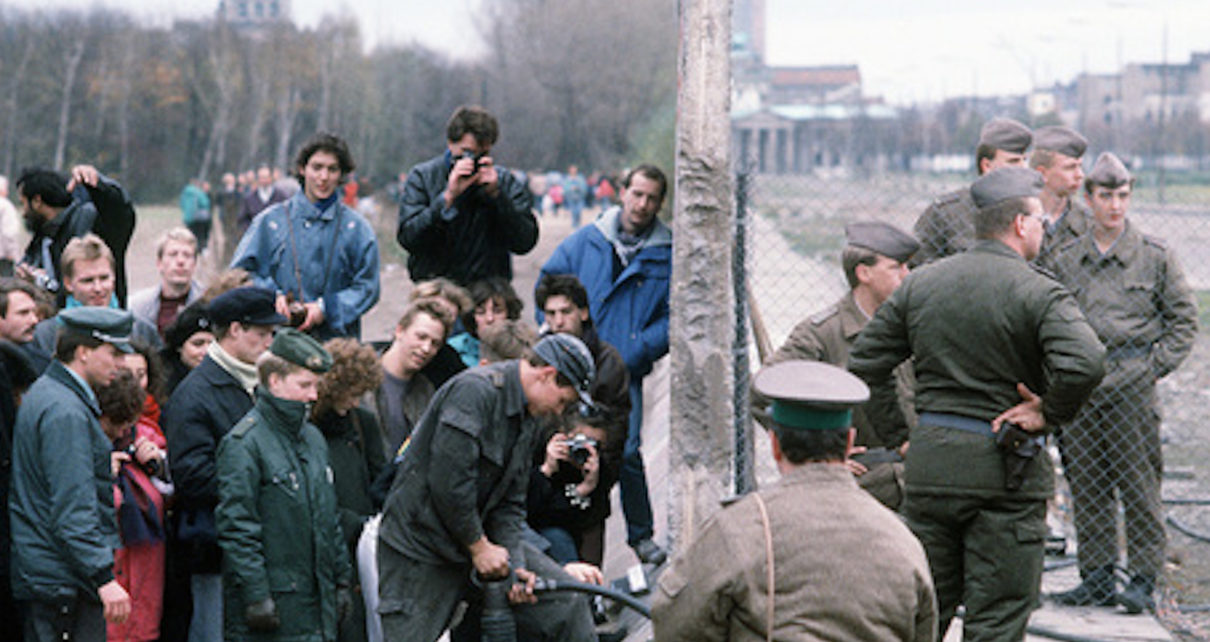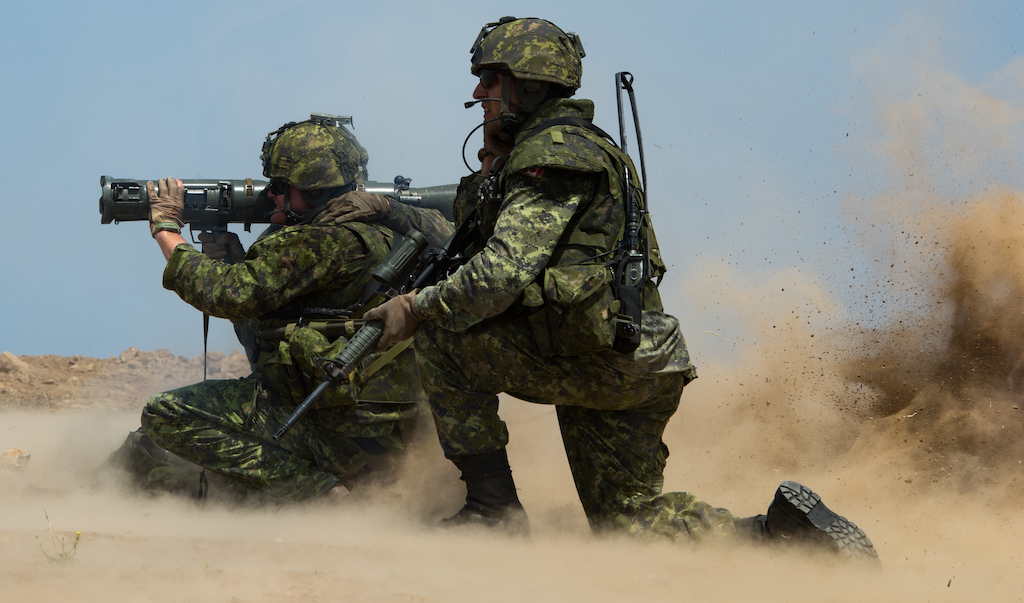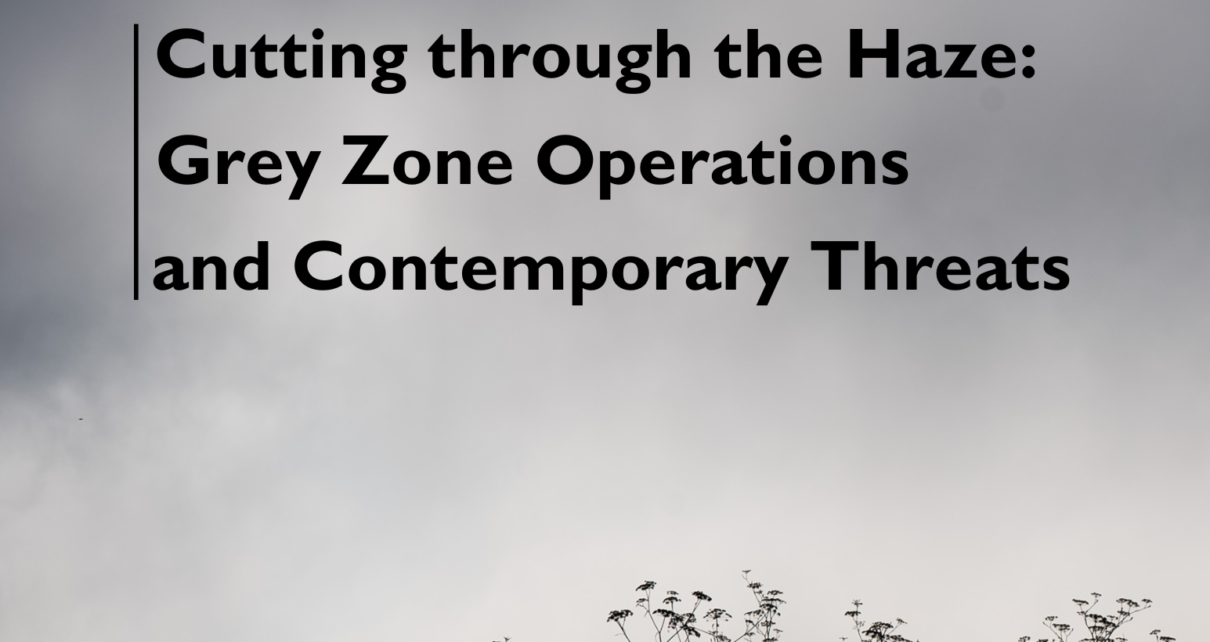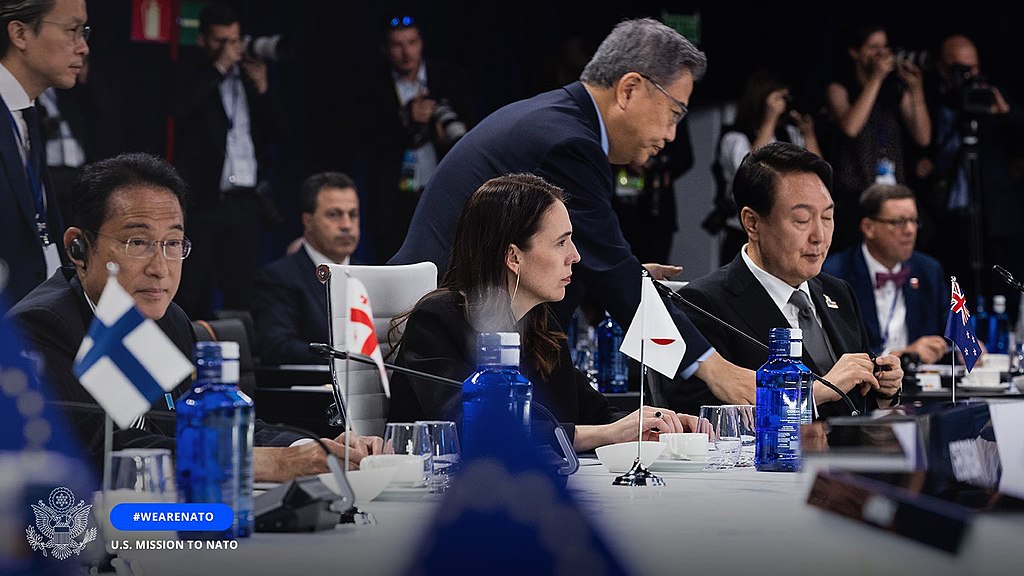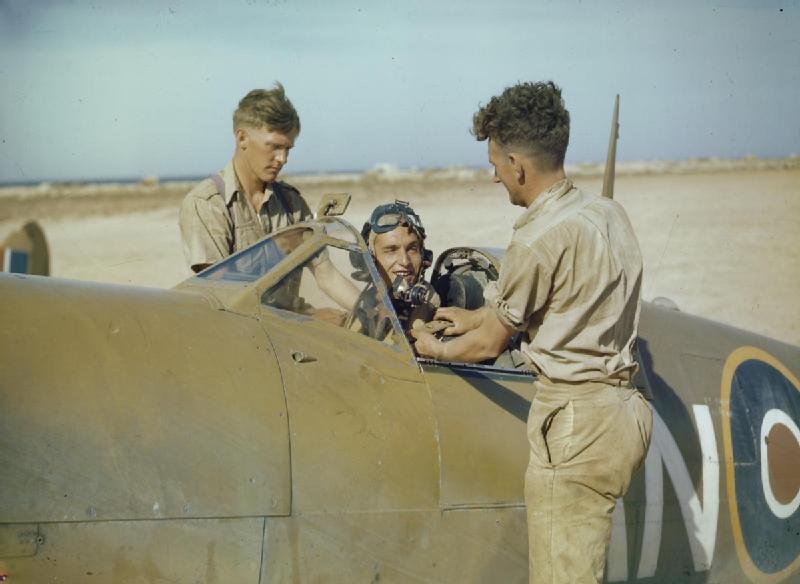In this article, Senior Research Fellow Dr. Robert M. Cutler covers NATO’s July 5th Military Committee meeting, its select partners, and its challenges. Specific attention is paid to the strengthened energy-security relations between NATO and Azerbaijan.
4. Programs
placeholder for programs
Radical Right Politics in Europe: Poland
In this article, Alexander Lapsker examines right-wing politics in Poland. He focuses on the nationalist conservative Law and Justice Party (PiS), examining its social and political impacts on the country and its broader implications for the West.
Russia’s Energy Hybrid Warfare and the Limits of the West’s Strategic Decoupling
Abstract: How has the EU’s strategic decoupling from Russia in the energy sector impacted Moscow’s war of aggression in Ukraine? In this article, Program Editor Mark Davis Madarang Pablo examines the latest results of such strategy in response to Russian weaponization of energy and provides policy options for EU and NATO member-states and global partners. Read More…
Special Report: Did NATO “Promise” Russia Not to Enlarge?
A common trope in Russia’s discourse about NATO is the charge that the organization has not dealt with Moscow in good faith. Many Russians, of which Putin is a particularly vocal example, allege that Western officials assured their Soviet counterparts during the Two Plus Four negotiations (West Germany and East Germany plus the US, USSR, France, and the UK) on German reunification in Read More…
The Next Pandemic: Is Canada Ready?
In this article, Alexander Lapsker examines the impacts of COVID-19 and explores the strategies and measures that Canada can undertake to enhance resilience and effectively tackle future pandemics.
Cyber Threats to Critical Infrastructure (CI)
In this article, Alexander Lapsker assesses the threats posed by cyber-attacks on critical infrastructure (CI) and examines the measures adopted by Canada to fortify its CI against cyber threat actors.
How the Canadian Armed Forces Have Responded to Particulate Matter
How have the Canadian Armed Forces (CAF) approached the challenge of particulate matter (PM) and other airborne pollutants? This article assesses some of the CAF’s monitoring and mitigation efforts in the context of a warming planet.
Summer 2023 NATO Association of Canada-Canadian Army Journal Co-Publication Released
The NATO Association of Canada is pleased to announce the publication of its summer 2023 publication, Cutting through the Haze: Grey Zone Operations and Contemporary Threats. Produced in collaboration with the Canadian Army Journal (CAJ), the volume explores grey zone operations and other dimensions of today’s threat landscape. The grey zone, which the volume describes Read More…
The Societal and Political Treatment of Women in Politics
If you were to ask any gender equality organization, coalition, collective or feminist action group, most would agree that there needs to be more female leaders. Further, there is a dire need to have more women in leadership as heads of state, Presidents, and in high-level political positions – in 2018, roughly only 23.8% of Read More…
Should Canada Keep Training African Soldiers?
Introduction NATO and the African Union (AU) have had a cooperative relationship since 2005. The collaboration began with logistical and airlift support for the African Union Mission in Sudan and has since grown to include training assistance, structural assistance, and liaison and coordination activities in other African countries. However, the humanitarian consequences of such operations, Read More…

